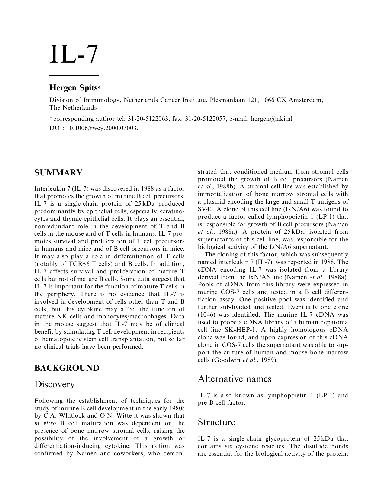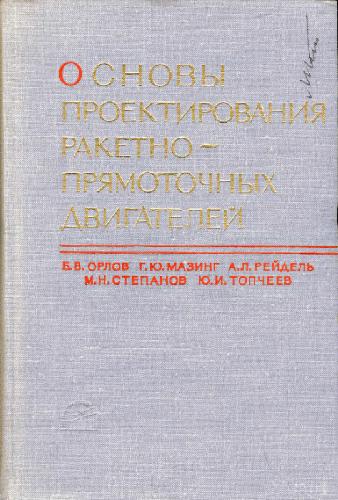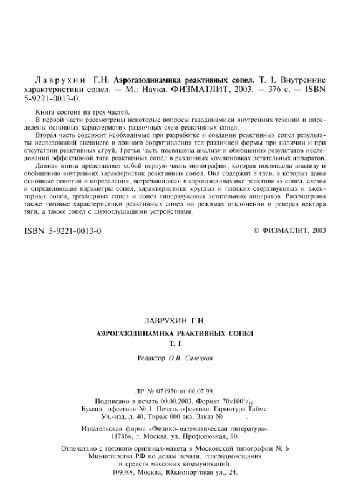Spits H.
Interleukin 7 (IL-7) was discovered in 1988 as a factor that promotes the growth of murine В cell precursors. IL-7 is a single-chain protein of 25kDa produced predominantly by epithelial cells, especially keratino-cytes and thymic epithelial cells. It plays an essential, nonredundant role in the development of T and В cells in the mouse and of T cells in humans. IL-7 promotes survival and proliferation of T cell precursors in humans and mice and of В cell precursors in mice. It may also play a role in differentiation of T cells (notably of TCR76 T cells) and В cells. In addition, IL-7 affects survival and proliferation of mature T cells but not of mature В cells. Some data suggest that IL-7 is important for the function of mature T cells in the periphery. There is no evidence that IL-7 is involved in development of cells other than T and В cells, but this cytokine may affect the function of mature NK cells and monocytes/macrophages. Data in the mouse suggest that IL-7 may be of clinical benefit by stimulating T cell development in recipients of hematopoietic stem cell transplantation, but so far no clinical trials have been performed. | |







Reviews
There are no reviews yet.